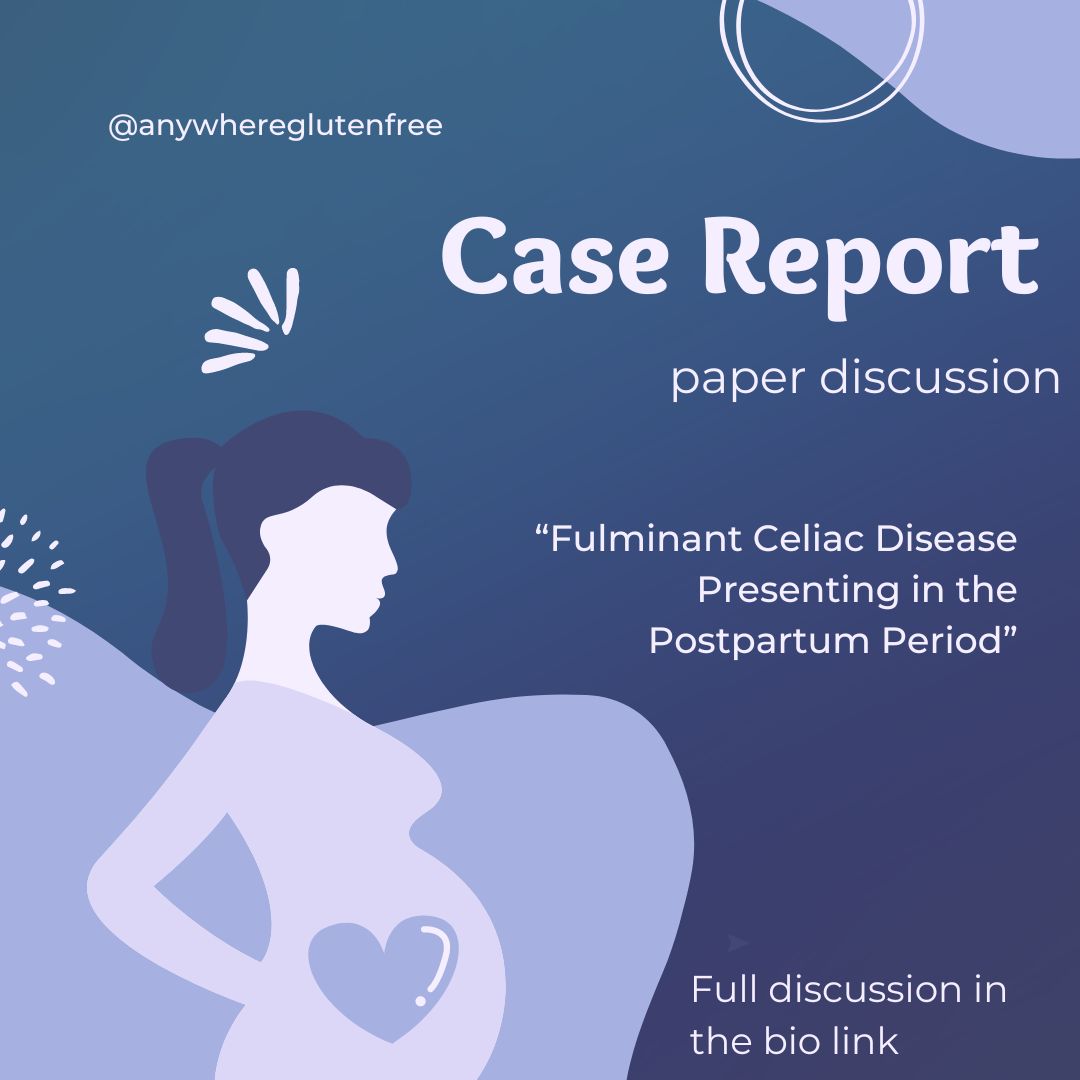How long does it take to anti-tTG achieve normalization after starting a gluten-free diet?

The article “Duration of anti-tissue transglutaminase normalization after starting a gluten-free diet in children with celiac disease” by Masoud Tahani and colleagues, published on Pediatric Nutrition 2022, discusses the duration of time it takes for children with celiac disease to achieve normalization of anti-tissue transglutaminase (anti-tTG) antibodies after starting a gluten-free diet.
Celiac disease is an autoimmune disorder in which the consumption of gluten, a protein found in wheat, barley, and rye, triggers an immune response that damages the lining of the small intestine. Anti-tTG antibodies are commonly used to diagnose and monitor celiac disease, as they are produced by the immune system in response to gluten exposure.
The authors conducted a retrospective study of 156 children with celiac disease who had been on a gluten-free diet for at least 6 months and had undergone regular monitoring of anti-tTG antibody levels. The study found that the median time for anti-tTG antibodies to normalize after starting a gluten-free diet was 8 months, with a range of 3-36 months.
The study also found that children who had higher initial levels of anti-tTG antibodies took longer to achieve normalization than those with lower initial levels. Additionally, children who had persistent or rising levels of anti-tTG antibodies after 6 months on a gluten-free diet were more likely to have ongoing intestinal damage.

Overall, the study highlights the importance of regular monitoring of anti-tTG antibody levels in children with celiac disease who are on a gluten-free diet. It also underscores the fact that the duration of time it takes for anti-tTG antibodies to normalize can vary widely among individuals and may depend on factors such as initial antibody levels and adherence to the gluten-free diet.
However, it is important to note that the study has some limitations, such as its retrospective design and reliance on data from a single center. Further research is needed to confirm these findings and to explore the factors that influence the duration of time it takes for anti-tTG antibodies to normalize in children with celiac disease.
My experience:
When I was diagnosed, my anti-tTG levels were above 180 and the reference value was less than 7. When I saw that I got really sad but told the doctor I would only believe I was coeliac after doing the duodenal biopsy with at least 3-5 sections of my duodenum. 🤣 As I don’t have gastrointestinal symptoms, I enjoyed the last 3 months before my biopsy by eating all the food that I could. The biopsy confirmed the diagnosis and since then I completely stopped eating gluten. My anti-tTG only came down 15 months later!! I was actually really worried as I was sure I was not eating gluten and I don’t eat “may contain”. Once it got below 7, I felt relieved and I try to do the test as often as I can although there are studies showing there is no or minimum correlation between anti-tTG level and duodenum villi damage. Doing the biopsy is the best way to follow-up celiac disease progress.
Reference:
Duration of anti-tissue transglutaminase normalization after starting a gluten-free diet in children with celiac disease
Disclosure:
Please note that this blog discusses scientific publications related to celiac disease, autoimmune diseases, and personal experiences. I am a pharmacist with a Ph.D in immunology and a post-doctorate in gastroenterology so I enjoy reading publications 😁. By the way, my mom and I are both celiacs.
It is important to remember that scientific research is an ongoing process and findings can change over time. While I strive to present accurate information based on the publications I review, my discussion of these publications should not be taken as a confirmation of their findings.
It is also important to keep in mind that there is still much that is unknown about celiac disease, autoimmune diseases, and their treatment. Therefore, any information presented on this blog should be considered in the context of the discussed publication and should not be used as a substitute for professional medical advice.
We encourage readers to discuss any questions or concerns they may have about diseases with their healthcare provider, who can provide individualized guidance based on the latest clinical practice guidelines.



Leave A Comment
You must be logged in to post a comment.